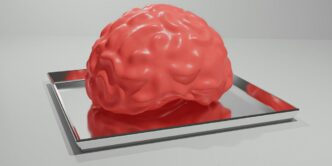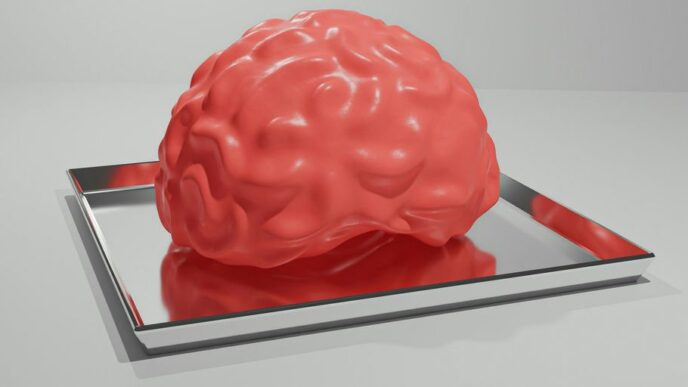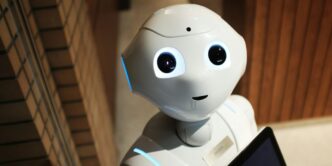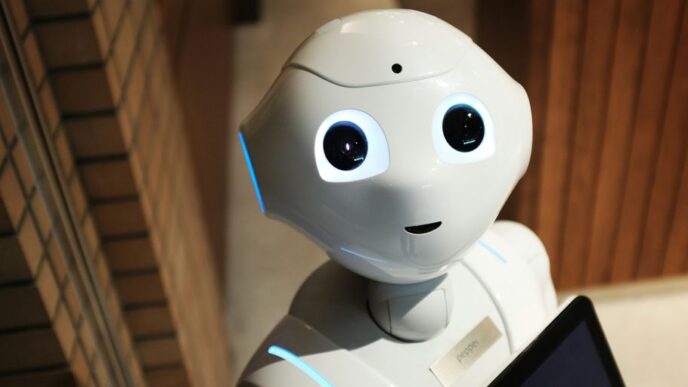As we all know, the world is rapidly evolving and technology continues to shape our lives in ways we never thought possible. One of the most significant technological advancements that have taken place in recent years is Artificial Intelligence (AI). With its ability to process vast amounts of data and make predictions based on complex algorithms, AI has been regarded as a game-changer for several industries. But what about sustainable economic growth? Can AI revolutionize this too? In this blog post, we explore how AI can transform sustainability practices and lead us towards a greener future with sustained economic growth.
Artificial intelligence (AI) is an area of computer science that emphasizes the creation of intelligent agents, which are systems that can reason, learn, and act autonomously. AI research deals with the question of how to create computers that are capable of intelligent behavior.
In practical terms, AI applications can be deployed in a number of ways, including:
Machine learning: This is a method of teaching computers to learn from data, without being explicitly programmed.
Natural language processing: This involves teaching computers to understand human language and respond in a way that is natural for humans.
Robotics: This involves the use of robots to carry out tasks that would otherwise be difficult or impossible for humans to do.
Predictive analytics: This is a method of using artificial intelligence to make predictions about future events, trends, and behaviours.
The potential benefits of artificial intelligence are vast and far-reaching. For businesses, AI has the potential to increase efficiency and productivity, while reducing costs. For society as a whole, AI has the potential to improve quality of life by transforming healthcare, transportation, education, and many other sectors. In addition, AI has the potential to help solve some of the world’s most pressing challenges such as climate change and energy insecurity.
How AI is Changing the Economic Landscape
In recent years, artificial intelligence (AI) has become one of the most talked-about technologies. Its potential to transform our lives and economy is vast, and it is already starting to have a significant impact in many different sectors.
The economic landscape is changing rapidly, and AI is playing a major role in this transformation. Here are some ways in which AI is changing the economy:
Increasing productivity and growth: AI can help businesses to automate tasks and processes, freeing up employees to focus on higher-value work. This can boost productivity and growth, as well as improve employee satisfaction.
Reducing costs: Automation can also help businesses to reduce costs, as they no longer need to pay for manual labor. In addition, AI-powered products and services are often more efficient than their traditional counterparts, further reducing costs.
Creating new jobs: While AI may replace some existing jobs, it is also creating new ones across a range of industries. For example, businesses need data scientists to develop and train algorithms, and engineers to build AI-powered systems.
Facilitating international trade: AI can help businesses to identify new market opportunities and customers overseas. In addition, it can streamline the process of international trade by automating tasks such as documentation and compliance checking.
Enhancing decision-making: AI systems are becoming increasingly sophisticated at analyzing data and providing insights that can guide decision-making. This is
Benefits of AI for Sustainable Economic Growth
Artificial intelligence (AI) can help unlock sustainable economic growth by providing decision-makers with new insights and capabilities. For example, AI can help identify inefficiencies and areas for improvement within organizations, as well as enable more personalized and targeted services that can boost productivity. In addition, AI can help create new sources of revenue and growth through the development of new products and services.
AI presents a unique opportunity for businesses to achieve long-term, sustainable growth. With its ability to improve decision-making, boost productivity, and create new sources of revenue, AI has the potential to help businesses thrive in the long term.
Challenges Presented by AI
AI presents a number of challenges for sustainable economic growth. First, AI could lead to increased inequality and unemployment as it automates jobs currently performed by humans. Second, AI could exacerbate climate change as it increases energy consumption. Third, AI could create new security risks as it becomes more sophisticated and integrated into critical infrastructure. AI poses ethical concerns as it increasingly interacts with and makes decisions about human beings.
Examples of Companies Leveraging AI for Sustainable Economic Growth
Artificial intelligence (AI) has the potential to be a game-changer for sustainable economic growth. Here are three examples of companies that are leveraging AI to drive sustainable economic growth:
IBM is using AI to help farmers in Africa grow more food with less water and fertilizer. The project, called “Digital agriculture,” uses machine learning algorithms to analyze data from weather stations, satellites, and sensors on farms to help farmers optimize their irrigation and fertilizer use. IBM’s goal is to help smallholder farmers increase their yield by 20 percent while reducing their input costs by 30 percent.
Walmart is using AI to improve its supply chain management and logistics. The company’s “Intelligent Retail Lab” is using machine learning and computer vision to improve inventory management and store operations. For example, the lab’s systems can predict when items will go out of stock and identify which products are selling well in specific locations. This information helps Walmart optimize its inventory levels and ensure that customers can find the products they need.
Deutsche Bank is using AI to fight financial crime. The bank’s “Quartz” AI platform analyzes large volumes of data to identify suspicious activity, such as money laundering or fraud. Quartz has already helped the bank detect and prevent several instances of financial crime, including a $50 million fraud scheme in 2018.
Conclusion
Artificial intelligence has the potential to revolutionize the global economy. It promises to reduce costs, increase productivity and efficiency, automate processes, foster innovation, create new jobs and business opportunities, and ultimately lead to sustainable economic growth. However, for these changes to take place effectively, it is essential that governments invest in the development of AI technologies as well as implement regulations that ensure ethical use of AI. With this continued investment and support from governments around the world we can be sure that artificial intelligence will indeed become a game-changer in our journey towards a more prosperous future.













